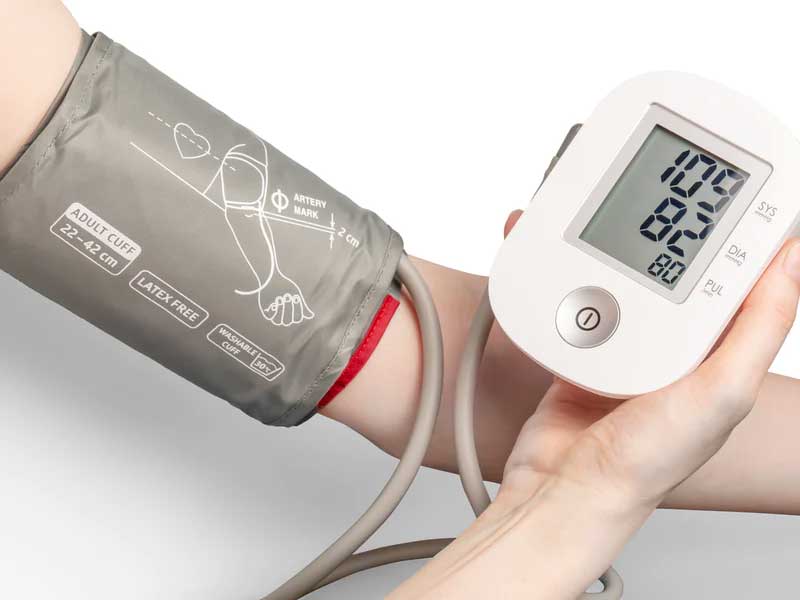The Pros and Cons of Ketosis
There are many benefits to achieving ketosis, but the transition from conventional sugary and processed foods can be difficult. However, once you are committed to overcoming the transition period, you will enter a state of ketosis and experience increased energy, mental clarity, reduced pain, and improved gastrointestinal symptoms.
Increased risk of heart disease
A well-formulated ketogenic diet results in reduced cholesterol, blood pressure, and type 2 diabetes, and improves most blood biomarkers for coronary heart disease. However, the majority of published human studies report poor adherence and several common side effects, most of which are avoidable. In addition, some people experience an increase in LDL cholesterol, which is considered the “bad” cholesterol. The AHA Review Committee’s decision was made despite the fact that many published studies show that the diet is beneficial in reversing cardiovascular disease.
The problem with the ketogenic diet is that it requires an extreme intake of fat. While all fats are unhealthy, saturated fats increase the risk of coronary heart disease and heart attacks. Moreover, the consumption of polyunsaturated fats may lower the risk of heart disease. Therefore, a ketogenic diet should only be considered for people with a history of heart disease.
A recent study from the Nutrients journal looked at human and rodent studies to see if the diet could reduce LDL cholesterol levels and improve HDL cholesterol. It also showed that the diet can lower blood sugar levels, which may provide some protection against diabetes. Further, the HbA1C level, which is an average two-to-three-month blood sugar level, decreased in ketogenic dieters.
A study of 15482 patients with stable heart disease found that those with a Mediterranean diet had a lower risk of heart disease and stroke than those following a Western diet. These patients were also found to have a lower incidence of non-alcoholic fatty liver disease. While the Western diet is high in refined grains, sugars, and fried foods, the Mediterranean diet included sources of carbohydrates that are forbidden on keto.

Increased cholesterol
Ketosis is an extreme state in which the body begins to burn fat instead of carbohydrates. It is popular due to its weight loss potential and improvements in glycemic control. Ketogenic diets typically allow the intake of foods high in fat and protein, while restricting carbohydrates. However, they may cause significant increases in total cholesterol and low-density lipoprotein cholesterol. These findings suggest a need for careful lipid monitoring.
The effects of acute ketosis on blood lipids are not clear, however. Although ketosis does not increase LDL particles or apolipoproteins, the effect on lipid profile could be significant in people with cardiovascular disease. Therefore, purposefully-designed studies are needed to determine whether acute ketosis may decrease the risk of cardiovascular disease.
Increased cholesterol levels from ketosis may be caused by several factors. One of these factors is a diet high in saturated fat. In this diet, dietary fat makes up more than 25% of the calories. This is a dangerous condition. A diet high in saturated fat may lead to heart disease and stroke.
Besides lowering LDL cholesterol, a ketogenic diet can also lower your triglyceride levels. Diets rich in omega-3 fats may reduce the risk of cardiovascular disease. These fats can be found in fatty fish, walnuts, avocados, and flax seeds.
Increased risk of type 2 diabetes
Ketosis is an advanced metabolic state associated with an increased risk of type 2 diabetes. This metabolic state is characterized by insulin resistance and glucose intolerance. It is also associated with dyslipidemia and pro-inflammatory effects. A very low carbohydrate diet, or VLCD, can help control diabetes and improve a patient’s metabolic profile. However, this diet may increase the body’s LDL cholesterol, raising concerns about the potential for adverse cardiovascular effects.
However, this risk does not apply to all ketogenic diets. A recent study found that ketogenic diets can increase the risk of type 2 diabetes, even in the early stages. In mice, the diet reduced glucose tolerance, but it also increased insulin resistance, which is one of the hallmarks of type 2 diabetes. Although the diet is considered a life-saver by many, researchers are still trying to learn more about the exact cause of type 2 diabetes.
The ketogenic diet is a popular choice for people with type 2 diabetes. Symptoms include an increased need for urine, weakness, and confusion. It is important to consult a medical professional if you suspect you may be suffering from ketoacidosis. In many cases, this condition is the first sign of diabetes, which can lead to complications.
If you think you might have diabetes, you should get a test kit and check your blood glucose levels. If the level of ketones is too high, you might be suffering from diabetic ketoacidosis, which can be life-threatening. For more information about diabetes and ketones, visit the Diabetes Action Network. They provide free health information and expert advice to help you manage your diabetes.
Improved insulin sensitivity
One of the benefits of ketosis is improved insulin sensitivity. Insulin helps control blood sugar levels by moving it from the bloodstream to cells for storage. When our insulin sensitivity is compromised, we end up with high blood sugar and a number of other problems.
One way to improve insulin sensitivity is to exercise regularly. Even a short bout of moderate exercise can increase insulin sensitivity. Research shows that a single sweat session can increase glucose uptake by 40 percent. Another way to reduce insulin resistance is to lose belly fat. Smoking and exercise can both increase insulin resistance.
Researchers have found that people who are prone to insulin resistance may benefit from the ketogenic diet. Studies show that people who are insulin resistant may be more likely to develop type 2 diabetes. This is because high insulin levels are indicative of a high-sugar diet.
A low-carb diet can lower blood sugar and reset the insulin response. The average American consumes about 225-325 grams of carbohydrates a day. Carbohydrates come in a variety of forms, including complex carbohydrates found in fruits and vegetables. All types of carbohydrates trigger an insulin response in the body, so eating a low-carb diet may help reset this process.
Research has also shown that a low-carbohydrate ketogenic diet can lower fasting insulin levels. This effect has been found in obese and overweight subjects. The diets used in these studies contain moderate amounts of saturated fat, which can be beneficial for people with diabetes.

Lower blood sugar levels
Lowering blood sugar levels is beneficial for a number of reasons. It can help you lose weight, reduce your risk of chronic disease, and boost your brain’s function. High blood sugar levels put the body in fat-storing mode and increase insulin resistance. The good news is that a ketogenic diet can help you achieve these benefits.
The ketogenic diet is simple to start, but it requires careful monitoring and care. If you’re not sure whether you’re ready to go on the diet, consult a doctor for more information. A doctor will monitor your blood glucose and ketone levels. If the ketone levels are too high, you may require hospitalization.
High blood sugar is a symptom of type 2 diabetes, and a ketogenic diet helps control your blood sugar levels naturally and effectively. Diets high in carbohydrates increase your blood sugar, which is bad for you. Insulin is a cellular superhero that helps regulate blood sugar levels, but modern, sugary diets cause high levels.
To start, you need to check your carb intake. You can use a glucose monitor to monitor your blood sugar levels throughout the day. You may notice spikes in your blood sugar that cause you to feel hangry or tired. You should also replace high-carb foods with low-carb alternatives, such as eggs or bacon. You might also want to invest in better-quality snacks.
A ketogenic diet can help you lose weight by limiting your carbohydrate intake. It can even lower your risk of certain diseases such as Alzheimer’s disease and Parkinson’s disease. It may also reduce your risk of some types of cancer.





